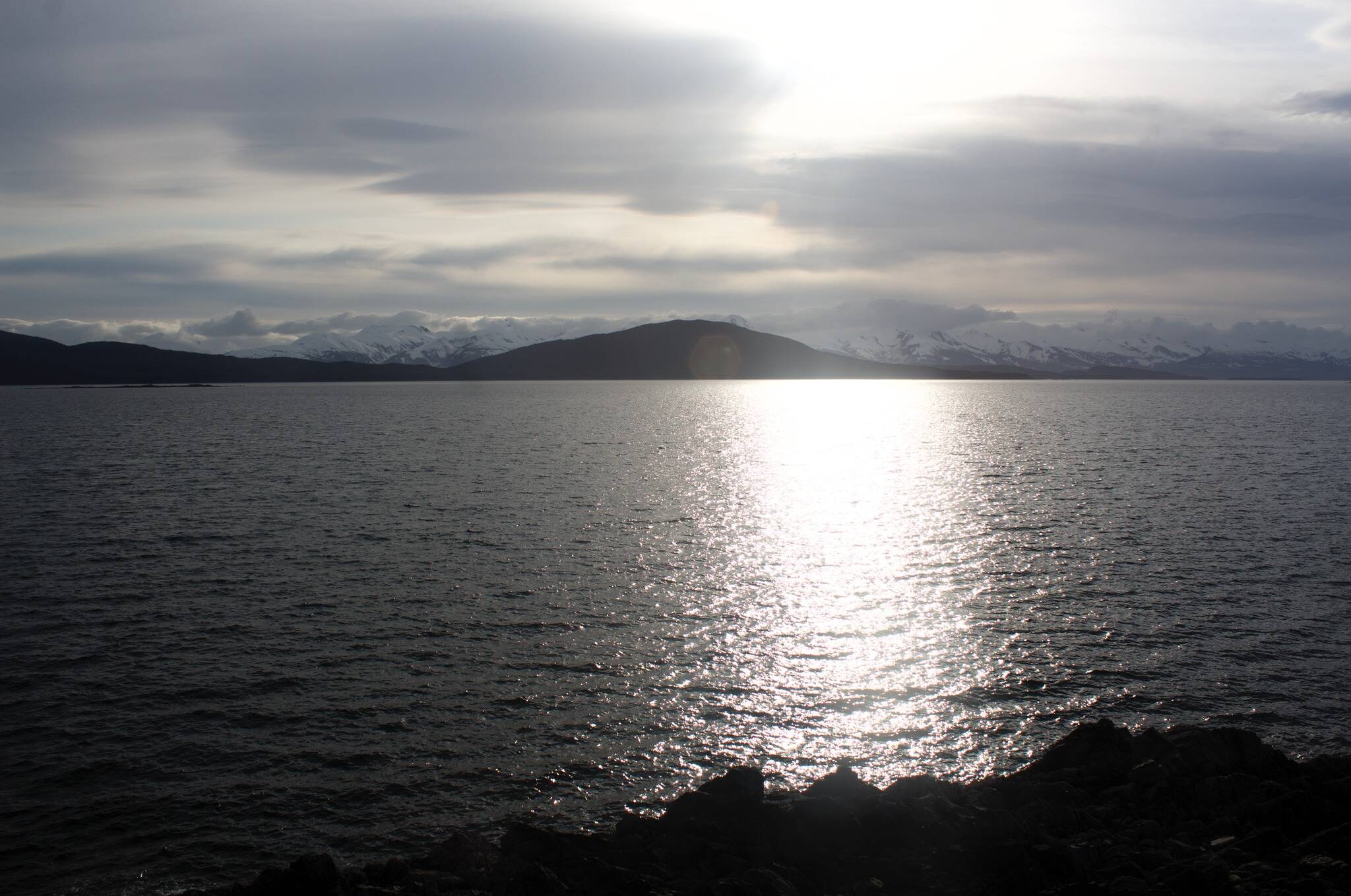Lots of scholarly experts and ordinary folks are sick of setting their clocks forward an hour at about this time every year, but despite their efforts to banish Daylight Saving Time from Alaska people will again need to make the change this year at 2 a.m. Sunday.
One of three bills in the Alaska State Legislature proposing to keep state’s clocks consistent all year got a hearing on Tuesday before the Senate Community and Regional Affairs Committee — and is scheduled to get another this coming Tuesday — during which a long list of adverse health, economic and other purported consequences of springing forward and falling back were offered by advocates.
Of the three bills, two would put the state on permanent Standard Time and one on permanent Daylight Saving Time. While states can implement year-round Standard Time on their own, a federal law would need to be passed by Congress and signed by the president to allow the same for Daylight Saving Time.
While supporters of both approaches to a single year-round time setting agree they’d prefer not to change clocks twice a year, there are sharp disagreements about which is better.
”I love that we are finally getting light back in the morning, when we need it to set our bodies’ daily rhythm,” wrote Lisa Alexia, an Alaska resident, wrote in testimony supporting Senate Bill 184, which would make Standard Time permanent. “(Daylight Saving Time) will make the mornings dark again for another few weeks. All of us, but most especially high school kids, benefit from aligning that morning light with the time we wake up.”
Staying on Standard Time also makes it easier to go to bed at a health hour, argued supporters of SB 184 during Tuesday’s committee meeting.
“My bedroom window faces (northwest). I do not like having the sun shining in my bedroom at midnight during the summer solstice,” wrote Dan Swift in a statement supporting the bill.
But two Juneau residents are among those arguing Daylight Saving Time should be the permanent standard instead.
“By allowing a little more after school and workday light, our children and all adults can more easily improve their physical and mental health by finally having a little more time for after school and after work activities,” Charles Schultz, an oral surgeon, in legislative testimony supporting House Bill 30, which would make DST year-round.
Tom Williams, CEO of Ward Air, said during Tuesday’s hearing he opposes year-round Standard Time for economic as well as health reasons.
“To change to Standard Time during the entire summertime will have a definite adverse impact on the economy, certainly of Southeast Alaska, where we rely on a lot of tourists business and we need those people to have time to enjoy this part of the state,” he said. “And I’m sure that applies to the rest of the state as well.”
DST has been observed in Alaska since 1966, according to Sen. Scott Kawasaki, a Fairbanks Republican, in his sponsor statement for SB 184 introduced by the Senate State Affairs Committee he chairs. However, states and U.S. territories already exempting themselves from Daylight Savings Time are Arizona, Hawaii, Puerto Rico, Guam, American Samoa and the U.S. Virgin Islands, and many other states are also considering similar bills.
The U.S. did go to permanent DST in 1974 in an effort to save costs during the energy crisis, but it was repealed in less than a year after public support dropped drastically during its first winter, according to Jay Pea, founder of Save Standard Time in Arizona, who gave invited testimony during Tuesday’s hearing.
“When it was tried before in the 1970s it was a disaster,” he said. “It was disrupting public safety and business, radically increasing morning darkness and forcing earlier waking. I don’t think most people want the government to set their alarm clock an hour early all winter. But that’s what daylight time would do. Simply by turning our clocks forward an hour it means we have to do everything an hour early, so if there are those who enjoy Daylight Saving Time I would implore them just to start their own work days an hour early rather than forcing everybody else along.”
Pea acknowledged there is some confusion when other states change clocks in remembering whether Arizona is two or three hours behind New York, but believes the problem will lessen if more states go to permanent Standard Time.
“If it remains a concern for the state of Alaska then I would ask you to consider delaying the effective date by a year or two,” he said. “Or making the effective date contingent on the state of New York passing this same law or Illinois or California — name any one or more states that you feel the strongest business connection to encourage that state to follow suit.”
Meanwhile, while some residents want to keep their clocks the same throughout the year, they don’t want all of their fellow Alaskans in the same time zone, advocating for a return to pre-1983 days when there were four time zones in the state — with the Southeast Alaska Panhandle in the same Pacific Time Zone as the West Coast — instead of the current two (with nearly the entire state in one of the zones).
“Anchorage, Fairbanks and central Alaska should not be in the same time zone as Juneau,” wrote Kristi A. Warden in testimony submitted for Tuesday’s hearing.
• Contact Mark Sabbatini at mark.sabbatini@juneauempire.com or (907) 957-2306.

